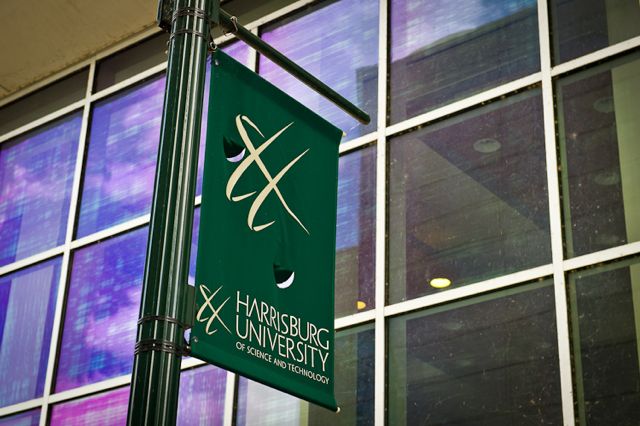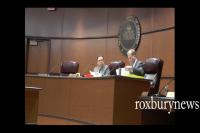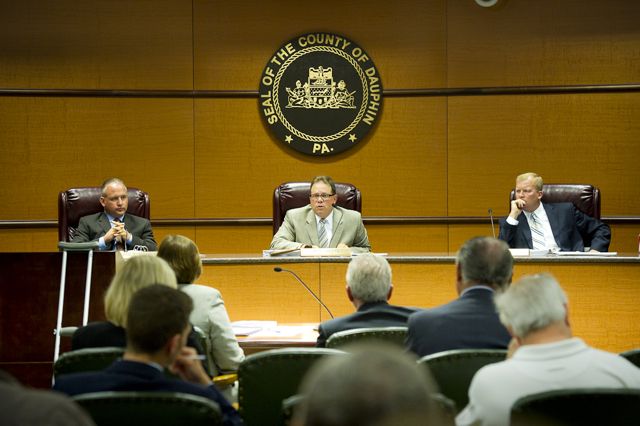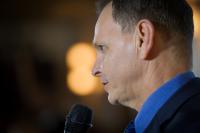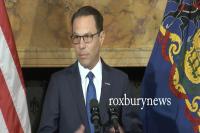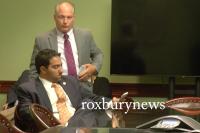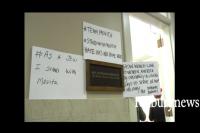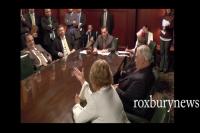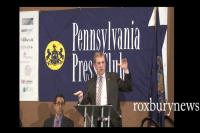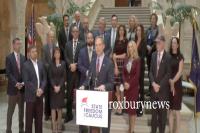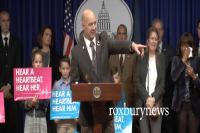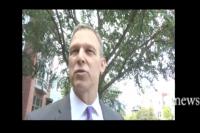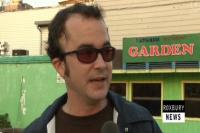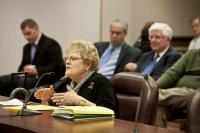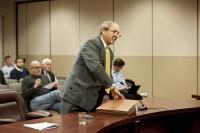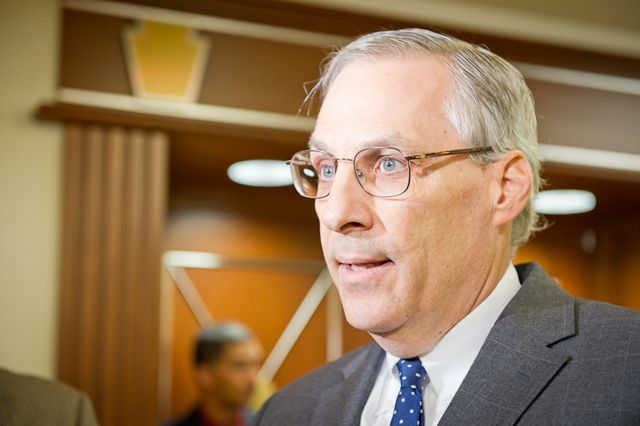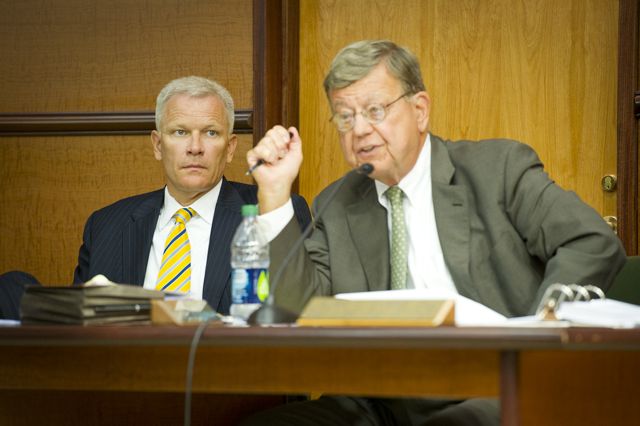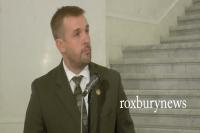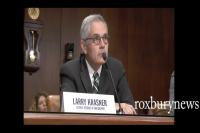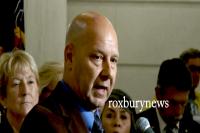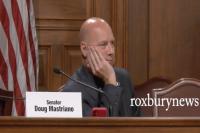Like the City of Harrisburg, the Harrisburg School District (HSD) is in fiscal dire straits.
So much so that on December 12, 2012, Pennsylvania's Secretary of Education Ron Tomalis determined HSD to be in "Moderate Fiscal Recovery" per Act 141, a State designation that not only gives the Department of Education access to the District's financial and business records, but also led to the appointment of a Chief Recovery Officer. On the day of Secretary Tomalis' determination, he appointed Gene Veno to that role.
Since then Veno has been meeting with the HSD Administration under the leadership of Superintendent Sybill Knight-Burney and the ten elected School Board of Directors. Also as mandated by Act 141, Veno has compiled an Advisory Committee to work with him on his number one task at hand---to develop a Recovery Plan for HSD by March 12th.
In his first of a series of scheduled public meetings on HSD's Recovery Plan process, Veno presented an overview of the District's financial as well as academic state. Not only is HSD facing a $11.7 million deficit this year, but its last standardized test results are as dispiriting---38 percent of students are below basic in math and 42 percent are below basic in reading.
This year's expected deficit comes in the wake of a tense budget process last year, which included talk of cutting kindergarten and extracurricular activities, and ultimately culminated in the closing of five schools as well as furloughs and a 2.5% tax increase.
A significant part of the HSD's financial woes is the massive debt the District must pay. Debt service payments this year are $15.3 million and are scheduled to increase to $21.4 million by 2019. Veno pointed to the fact that HSD makes bond payments on buildings that were borrowed against for the purpose of covering debt in the budget. "That's not the way to manage a budget," Veno declared.
According to the Chief Recovery Officer, yet another strain on the District are charter schools. Currently there are approximately nine charter schools in the City of Harrisburg with more coming. "I do not speak for or against charter schools. I have no comments on those. Education is education." However, Veno revealed HSD paid $8.4 million to charter schools in 2012-2013 because of the exodus of students from the District, which he said is "causing our budget to really go into a state of dire need." Veno stressed that HSD must find ways to bring the students back.
Public response to the Chief Recovery Officer has been mixed. Only about ten actual residents attended the first public presentation of the HSD Recovery Plan process. Of the ones who were there a few were happy to hear that more proactive verus reactive measures would be taken, yet, some citizens expressed skepticism of the data being displayed. One attendee asserted the numbers were "fictitious." Still others like School Board President Jennifer Smallwood wish the State would come in and inject more money into the failing District. As it is now, 46% of HSD's budget is funded by the State.
At one point in his presentation, Veno asked the question that many citizens wonder, "Where did the money go?" While Veno said, "High pupil spending--per pupil, fringe benefits, and debt service are areas of special concern," he also said his initial perusal of the District's books as indicated "things aren't matching up." He announced that his team will conduct a forensic audit of HSD's financings going back ten years.
A hefty announcement to make especially only one year after the release of the Harrisburg Incinerator Forensic Audit Report was released to a tune of over a million dollars expense. Perhaps Veno didn't mean "forensic audit" in the same way as much of the citizenry of the City of Harrisburg think of that term. It seems he basically meant it literally---that his team will carefully look over and compare and contrast the numbers over the years. No interviews or external requests for documents yet.
When asked about the scope, expense, and approach of a forensic audit of the HSD's finances, Veno said at this point it would be an internal scrutiny using the firm already Public Financial Management (PFM).
To many observers who have followed the business of HSD over the past decade, the idea of PFM being involved has raised some red flags. Amongst other transactions, the firm was financial advisor to District in 2003 when the Harrisburg Authority issued $77 million in bonds on behalf of HSD.
The HSD Recovery Plan must be presented to the Harrisburg School Board of Directors by March 12th. The Board will have 30 days to approve or disapprove the Plan. If they turn it down, technical assistance from the State will be withheld, and the Board has one year to pass a Plan for implementation under the guidance of the Chief Recovery Officer.
The next public HSD Recovery Plan meeting will be held on February 21, 2013 at Camp Curtin Elementary School.
Videos of Chief Recovery Officer Gene Veno from the HSD Recovery Plan, January 29, 2013:
"You're going to see some other decisions that may have to be made."
The academic state of the Harrisburg School District
"High pupil spending--per pupil, fringe benefits, and debt service are areas of special concern."
"We have to keep our students in our program."
"Are you pessimistic about this?"
An explanation of a forensic audit
by Tara Leo Auchey

